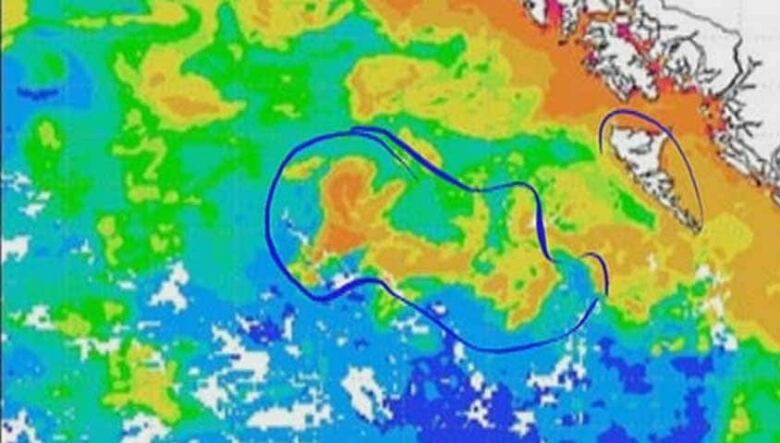Haida Gwaii ocean iron dump investigation to proceed
B.C. Supreme Court judge dismisses Haida Salmon Restoration Corporation bid to quash search warrant
The lawyer for a company that conducted a controversial experiment in ocean fertilization to boost salmon populations off B.C.'s north coast maintains his clients have not violated any Canadian laws.
In 2012, the Haida Salmon Restoration Corporation dumped about 100 tonnes of iron-rich dust into the ocean about 300 kilometres west of the islands of Haida Gwaii on B.C.'s West Coast.
- Visit the new CBC Aboriginal website
- More:Iron fertilization project stirs West Coast controversy
- CBC's The Fifth Estate profile: Ironman
The corporation's lawyer JayStraithsaidstudies are underway to find out if the experiment worked, but the company has already seen encouraging signs.

"There's been massive increases in the runs of pinks in both Washington state and in places like theSquamishRiver," he said."The largest jury is a bunch of cohoandchinook, which are currently out in the Pacific Ocean."
Environment Canada, which believes the corporation violated national environmental laws by depositing iron without a permit, began an investigation.
Thecompany went to court to ask thatsearch warrants obtained by the government be set aside.
But last week, aB.C. Supreme Court judgeruled Environment Canada's investigationinto the unsanctioned experiment can continue.
With files from the CBC's Marissa Harvey












_(720p).jpg)


 OFFICIAL HD MUSIC VIDEO.jpg)
.jpg)



























































































